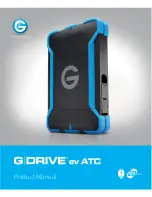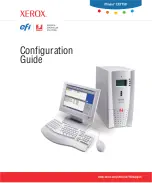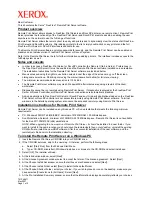
Periodic maintenance 63
Component to be inspected
Task
Frequency
Capable Party
Condensate drain lines and
p-trap
Inspect and verify:
•
No blockage of the drain
line—internal
•
Condensate can pass freely
•
P-traps are intact and not
leaking
•
No blockage of the drain
line—external to the site drain
Clean and remove debris as
necessary
Quarterly
Qualified personnel
Heat exchanger fans
Inspect wiring and verify that
electrical components are secure
and fan power supplies are locked
into position
Quarterly
Qualified personnel
Chilled water header drain pan
and lines
Inspect drains for blockage
internal and external to the POD
•
Monthly, if
staffed
•
Quarterly, if
not staffed
Qualified personnel
—
Conduct five gallon operation
check of the external site drain, if
possible
Annually
Qualified personnel
Leak detection maintenance
WARNING:
To reduce the risk of electric shock or damage to the equipment, use extreme
caution when removing and replacing components that involve water around the electrical
equipment. There is great risk of electrical shock when water is used near electricity.
CAUTION:
If a serious leak develops, shut down the POD immediately and isolate the chilled
water cooling system from the site. Contact HP immediately to initiate a field service call. Do not
attempt to repair the chilled water cooling system. Attempting to self-repair the chilled water
cooling system during the warranty or service contract period shifts all liability to you.
IMPORTANT:
HP recommends shutting down the POD after a leak is detected. For more
information, see "Power down procedure" in the user guide.
Non-isolable leak detection
A non-isolable leak is a leak from the main supply line or the return header.
To repair a non-isolable leak:
1.
Power down all IT equipment.
2.
Re-direct the leaking water away from the IT equipment.
3.
Repair the leak or contact HP if you are still within your service contract.
Isolable leak detection
An isolable leak is any type of leak that does not occur from the main supply line or the return header.
To repair an isolable leak:
1.
Inspect the zone indicated on the ECS Status Overview screen. You might need to inspect each zone
condensate drain pan to determine the exact location of the leak.
















































